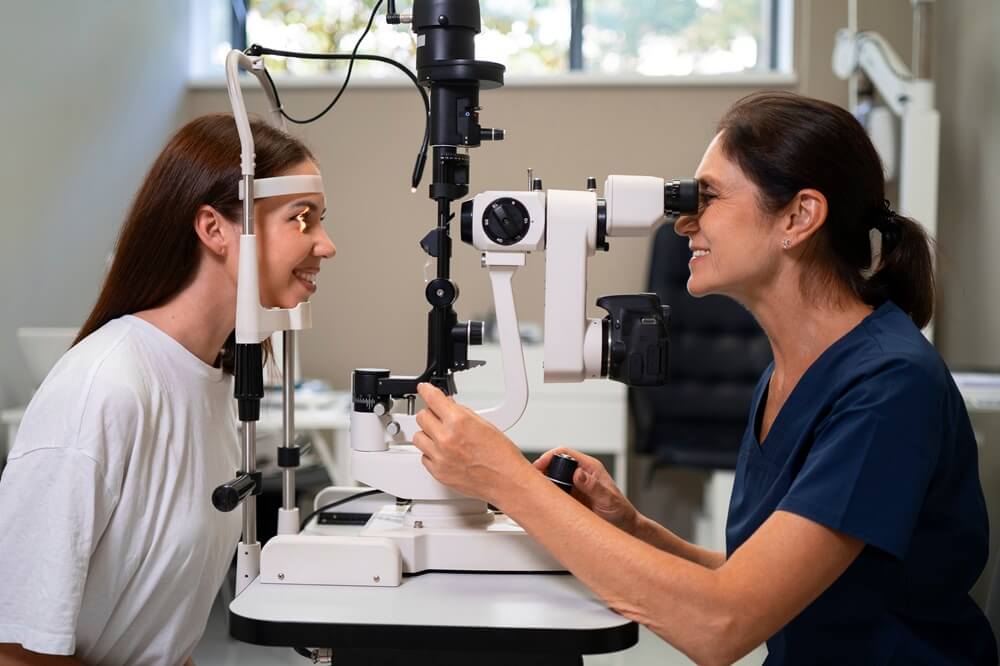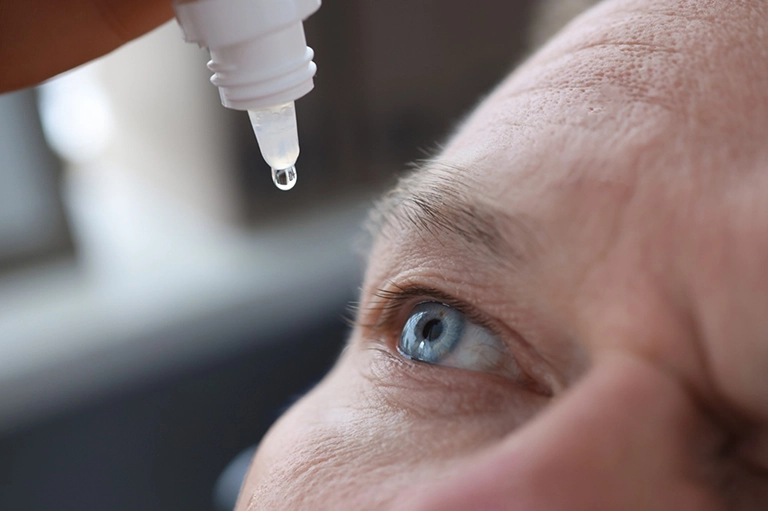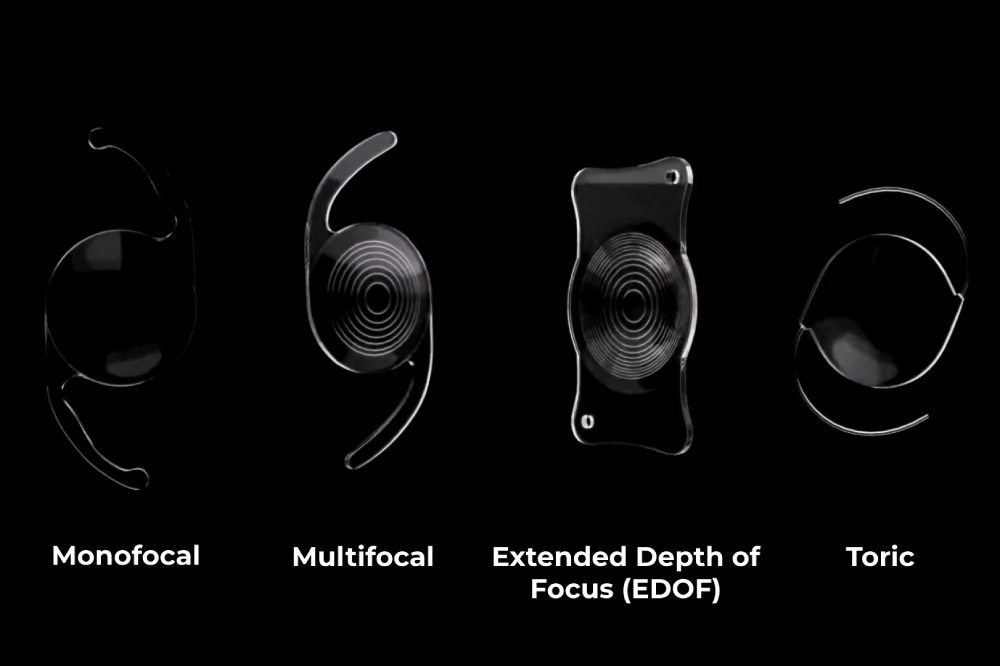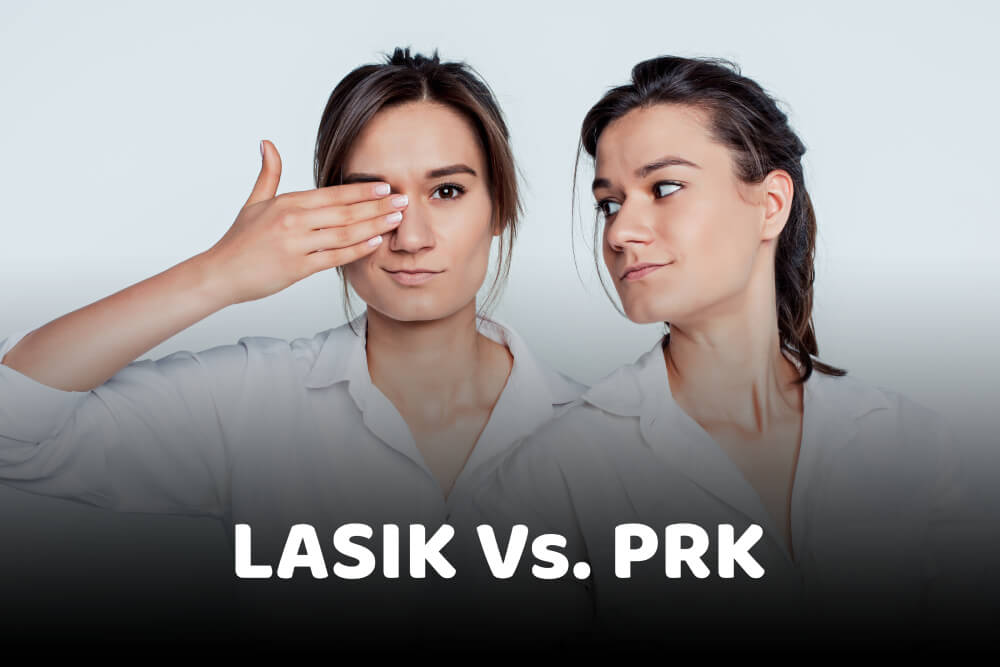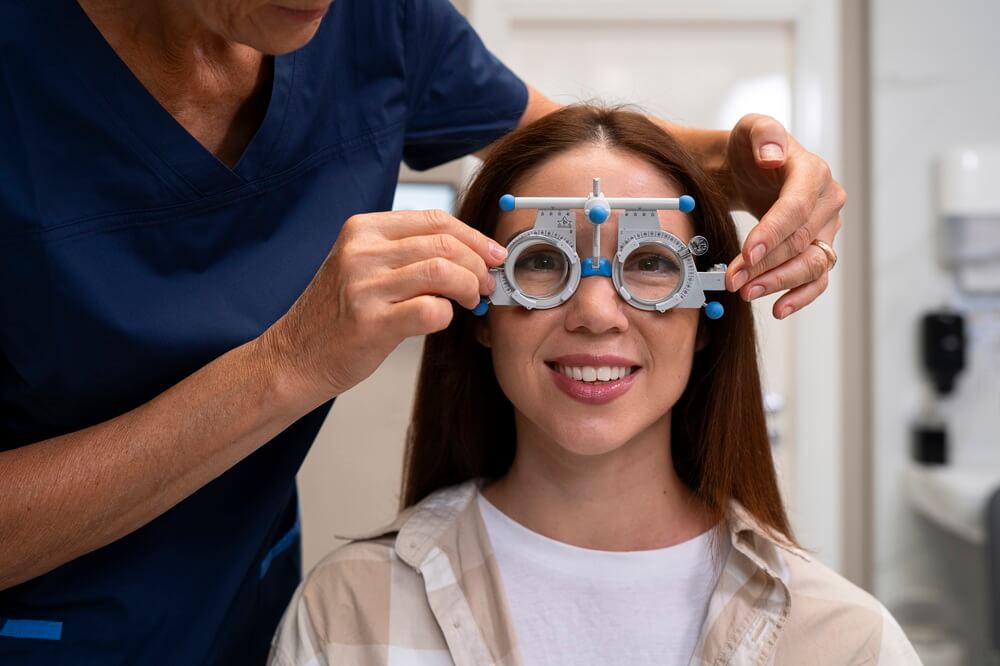
Is Cataract Eye Surgery Painful?
If you’ve been told you have cataracts and need surgery, it’s completely normal to feel nervous, especially if you’re wondering whether the procedure will hurt. Many people worry about pain during eye surgery, but the reassuring news is that cataract surgery is one of the safest and most comfortable procedures in modern medicine.
If you are wondering how painful is cataract surgery, you must know that thanks to advanced techniques, numbing eye drops, and gentle sedation, most patients feel little to no pain during the surgery. Many say the experience was easier than they expected. In this blog, we’ll walk you through what you can expect before, during, and after cataract surgery, so you can feel informed and more at ease about the process.
Is Cataract Eye Surgery Painful?
Cataract surgery is typically not painful. Most people experience little to no discomfort during the procedure, thanks to local anesthesia in the form of numbing eye drops.
You may feel some mild pressure or slight discomfort, but no sharp pain. The surgery itself is quick, usually lasting under 20 minutes, and most patients find it very easy to tolerate.
Modern techniques make cataract surgery one of the safest and most comfortable eye procedures available today.
Cataract Eye Surgery Procedure
Here’s a quick overview of the key steps involved in cataract surgery:
-
Anesthesia
Numbing eye drops are applied to keep you comfortable throughout the procedure. Mild sedation may also be given to help you relax.
-
Incision
A tiny incision is made at the edge of the cornea to access the cloudy lens.
-
Lens Removal
The cataract-affected lens is broken up using ultrasound (phacoemulsification) and gently removed.
-
IOL Placement
A clear artificial lens, called an intraocular lens (IOL), is inserted to replace the natural lens.
-
Closing the Incision
The incision is small enough to seal naturally, and stitches are usually not required.
Also Read: 7 Things to Know About Cataract Eye Surgery
Is Cataract Surgery Painful Afterwards?
Most patients don’t feel pain after cataract surgery, but it’s common to experience mild discomfort during the initial healing phase. You may notice a gritty sensation, watery eyes, blurred or double vision, or a slightly red or bloodshot eye, all of which are normal and temporary. These symptoms typically improve within a few days as your eye begins to heal. If discomfort persists or worsens, it’s best to consult your doctor. To learn more, visit our page on Cataract Surgery Recovery.
Expert Cataract Surgery at InSight Vision Center, Fresno
At InSight Vision Center in Fresno, cataract surgery is performed using advanced, minimally invasive techniques designed to ensure safety, precision, and a smooth recovery. Their experienced eye surgeons use state-of-the-art technology to remove the clouded lens and replace it with a high-quality intraocular lens (IOL), restoring clear vision effectively.
What makes them the best eye doctors in Fresno is their personalized approach; each treatment plan is tailored to the patient’s unique eye health needs, lifestyle, and vision goals. Whether you’re choosing a standard or premium IOL, their team takes the time to guide you through every step of the process with care and clarity.
Ready to take the next step toward better vision?
Learn more about cataract surgery at InSight Vision Center.


